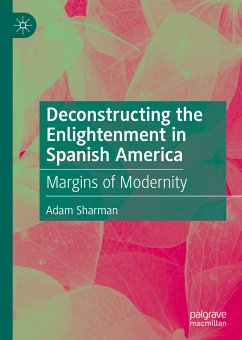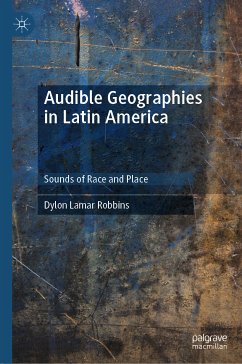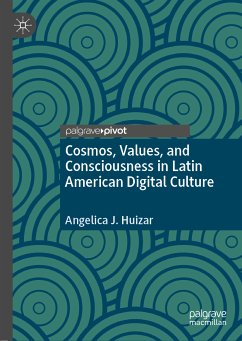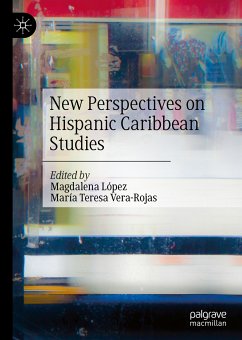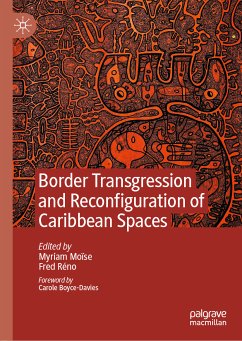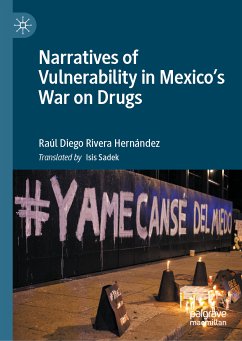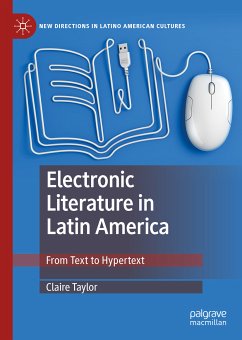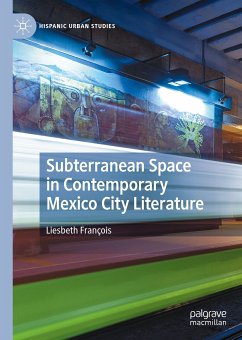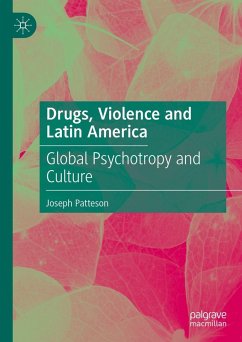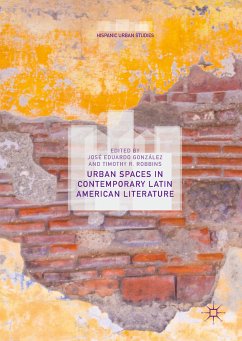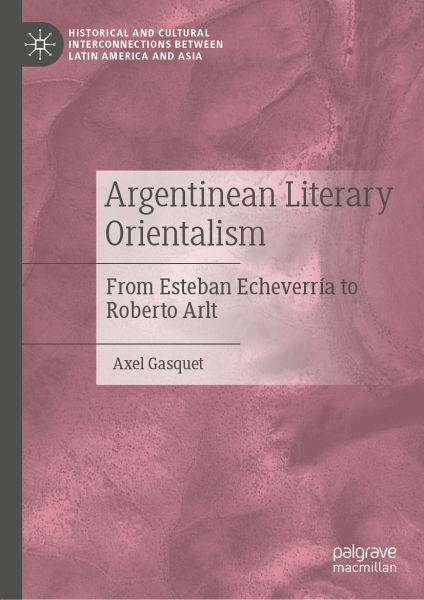
Argentinean Literary Orientalism (eBook, PDF)
From Esteban Echeverría to Roberto Arlt
Übersetzer: Suárez, José I.
Versandkostenfrei!
Sofort per Download lieferbar
72,95 €
inkl. MwSt.
Weitere Ausgaben:

PAYBACK Punkte
36 °P sammeln!
This book examines the modes of representation of the East in Argentinean literature since the country's independence, in works by canonical authors such as Esteban Echeverría, Juan B. Alberdi, Domingo F. Sarmiento, Lucio V. Mansilla, Pastor S. Obligado, Eduardo F. Wilde, Leopoldo Lugones, and Roberto Arlt. The East, which has always fascinated intellectuals and artists from the Americas, inspired the creation of imaginary elements for both aesthetic and political purposes, from the depiction of purportedly despotic rulers to a genuine admiration for Eastern history and millennial cultures. T...
This book examines the modes of representation of the East in Argentinean literature since the country's independence, in works by canonical authors such as Esteban Echeverría, Juan B. Alberdi, Domingo F. Sarmiento, Lucio V. Mansilla, Pastor S. Obligado, Eduardo F. Wilde, Leopoldo Lugones, and Roberto Arlt. The East, which has always fascinated intellectuals and artists from the Americas, inspired the creation of imaginary elements for both aesthetic and political purposes, from the depiction of purportedly despotic rulers to a genuine admiration for Eastern history and millennial cultures. These writers appropriated the East either through their travels or by reading chronicles, integrating along the way images that would end up being universalized by the Argentinean dichotomy between civilization and barbarism, all the while assigning the negative stereotypes of the exotic East to the Pampa region. With time, the exoticism of the Eastern world would shed its geopolitical meaningand was ultimately integrated into the national literature, thus adding new elements into the Argentinean imaginary.
Dieser Download kann aus rechtlichen Gründen nur mit Rechnungsadresse in A, B, BG, CY, CZ, D, DK, EW, E, FIN, F, GR, HR, H, IRL, I, LT, L, LR, M, NL, PL, P, R, S, SLO, SK ausgeliefert werden.



